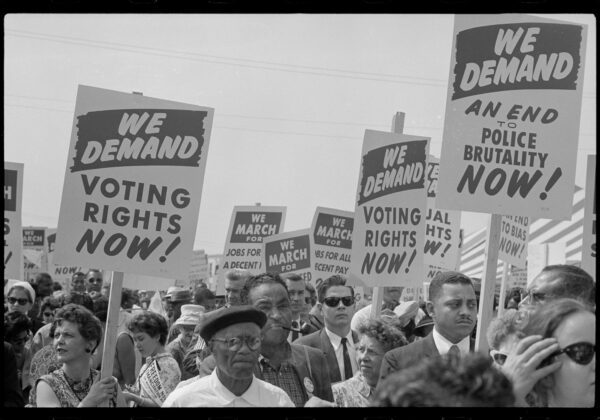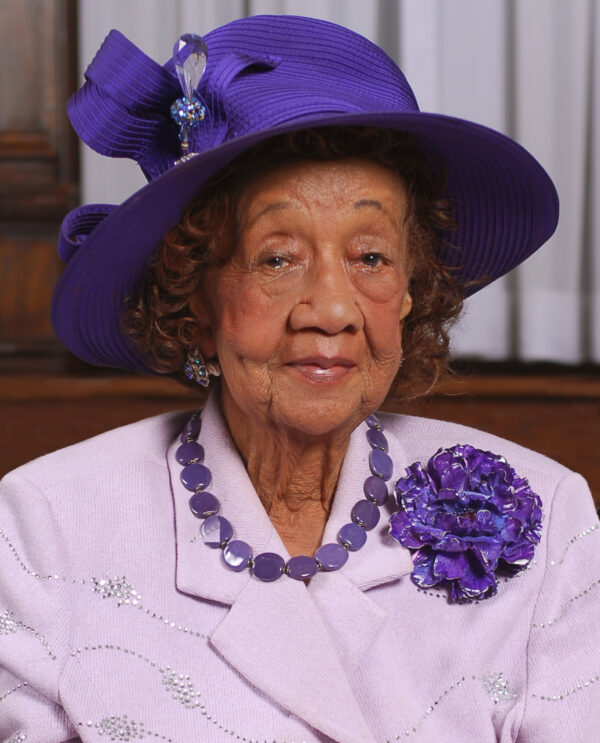
Why We March: The March on Washington and the March for Our Lives
In this lesson, students will take a deep dive into the motivations of Americans who participate in non-violent protests throughout history.

Dorothy Height served as the president of the National Council of Negro Women (NCNW) for over 40 years, advocating for the rights of Black women and addressing issues such as voting rights and employment opportunities. Height played a large role in the organization and execution of the complicated plan to bring hundreds of thousands of peaceful protestors to the National Mall for the March on Washington. Dorothy Height worked closely with Bayard Rustin on the complex logistics of the March, she used her wide network of resources to raise funds, and provided meeting space in the NCNW headquarters in Washington, D.C. Despite the hard work and influence of Height and other female activists, no women were included as speakers on the day of the event. Height was, however, the only woman to be seated on the platform behind the speakers. Following the March on Washington, Height noted that women became much more aware of the need to advocate for themselves and became much more aggressive in their efforts to address the sexism present in the movement.
Visit our YouTube to view “Fearless Women featuring Dorothy Height.”
Featured in

In this lesson, students will take a deep dive into the motivations of Americans who participate in non-violent protests throughout history.